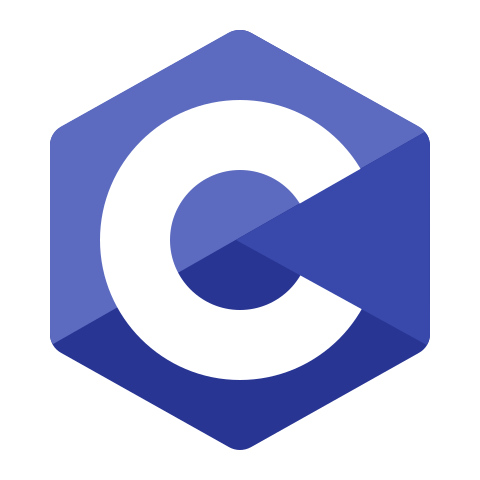Use this free online tool to convert C++ code to Go with just one click!
Here's how:
1. Type or paste your C++ code into the input box.
2. Click the 'Convert' button.
3. See your Go code appear in the output box.
1. Type or paste your C++ code into the input box.
2. Click the 'Convert' button.
3. See your Go code appear in the output box.

To
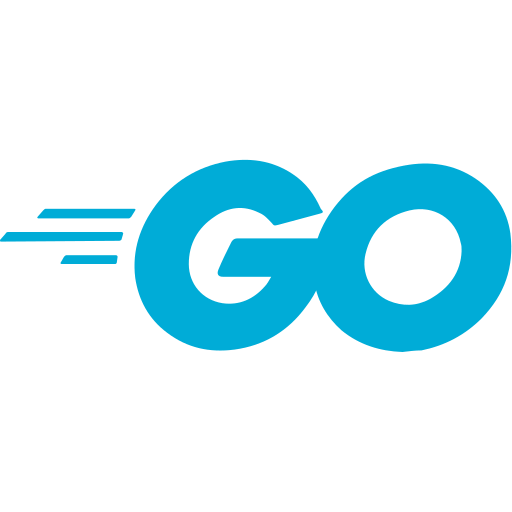
Key differences between C++ and Go
| Characteristic | C++ | Go |
|---|---|---|
| Memory Management | Manual (using new/delete) | Automatic (Garbage Collection) |
| Platform Dependency | Platform-dependent (compiled to machine code) | Platform-independent (compiled to machine code with built-in runtime) |
| Syntax and Features | Supports pointers, multiple inheritance | Supports pointers, no inheritance (uses composition) |
| Compilation | Compiled to native machine code | Compiled to native machine code |
| Standard Library | Standard Template Library (STL) for data structures and algorithms | Rich standard library with built-in support for concurrent programming, web servers, and more |
| Object-Oriented Programming | Supports both procedural and object-oriented programming | Does not support traditional object-oriented programming (uses interfaces and composition) |
| Exception Handling | Supports exception handling, but less uniform | Does not have exceptions (uses multiple return values and error handling) |
| Concurrency | Requires libraries for multithreading support | Built-in support for concurrency with goroutines and channels |
| Use Cases | System software, game development, real-time applications | Web servers, distributed systems, cloud services |
| Performance | Typically faster, closer to hardware | Generally fast, but slightly slower due to garbage collection |
Explore Our Ready-to-Use Converters via the Links Below
Convert From Java
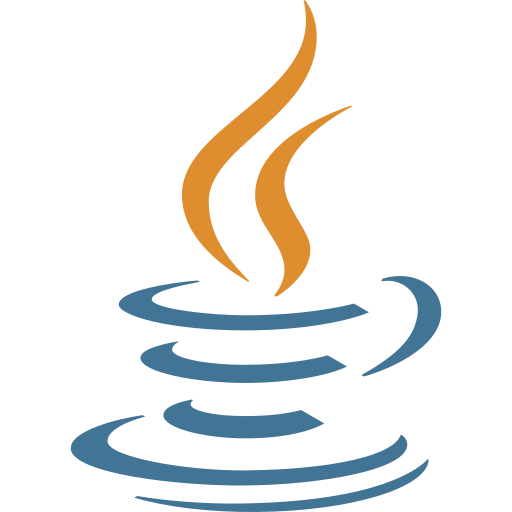

Convert From C#
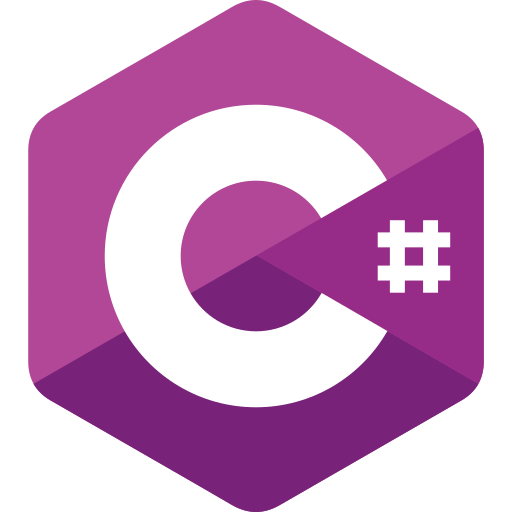

Convert From C++


Convert From GoLang


Convert From JavaScript
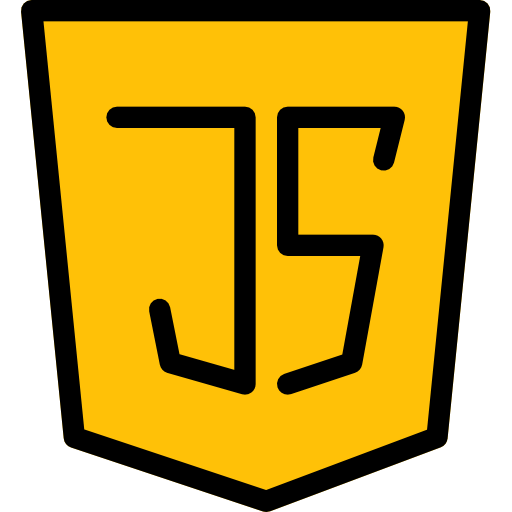

Convert From C
